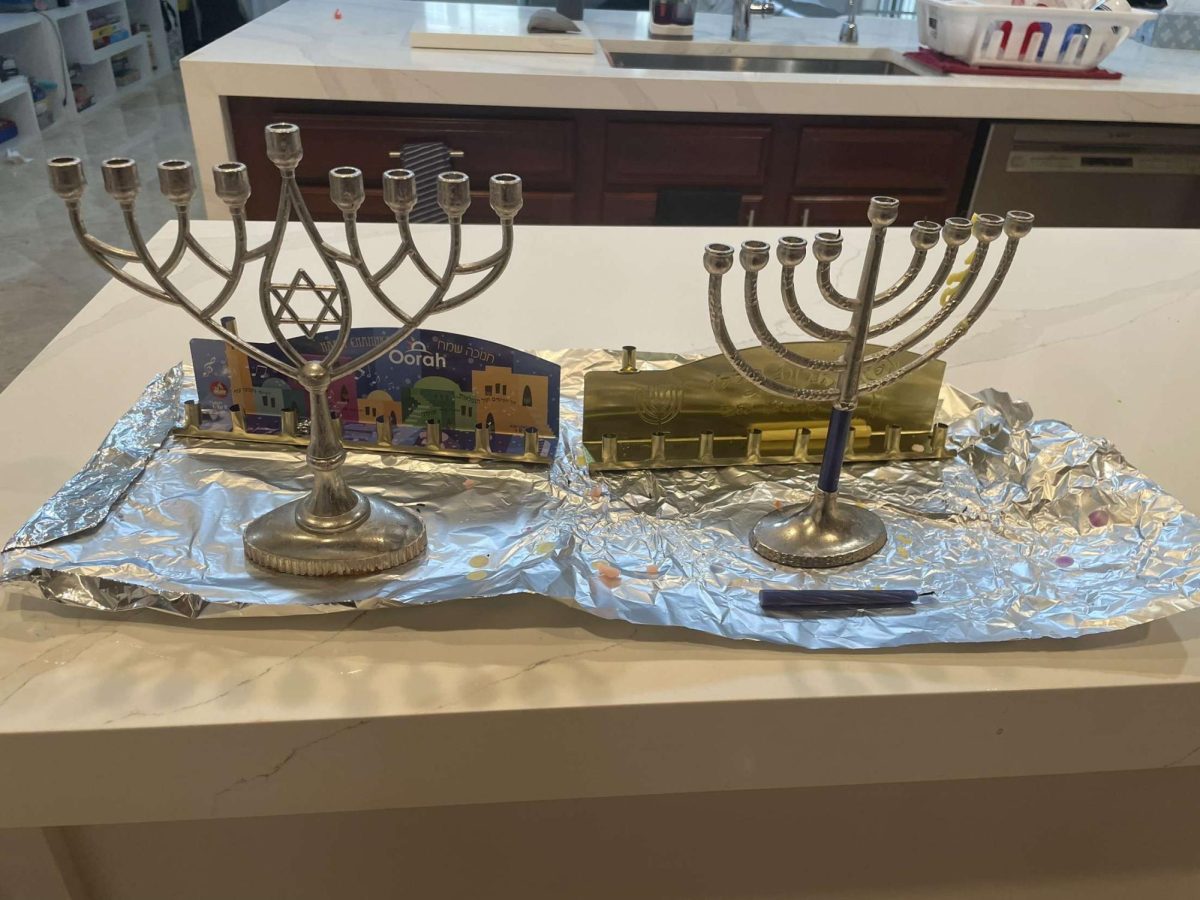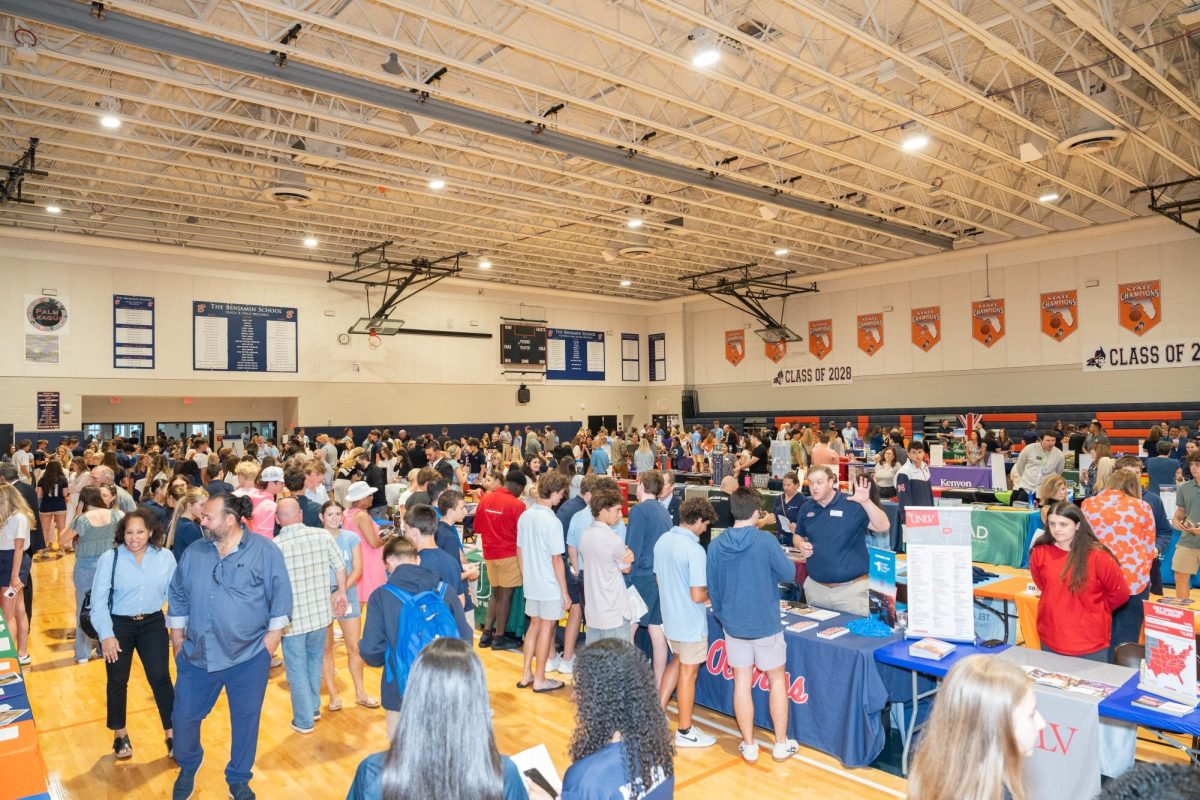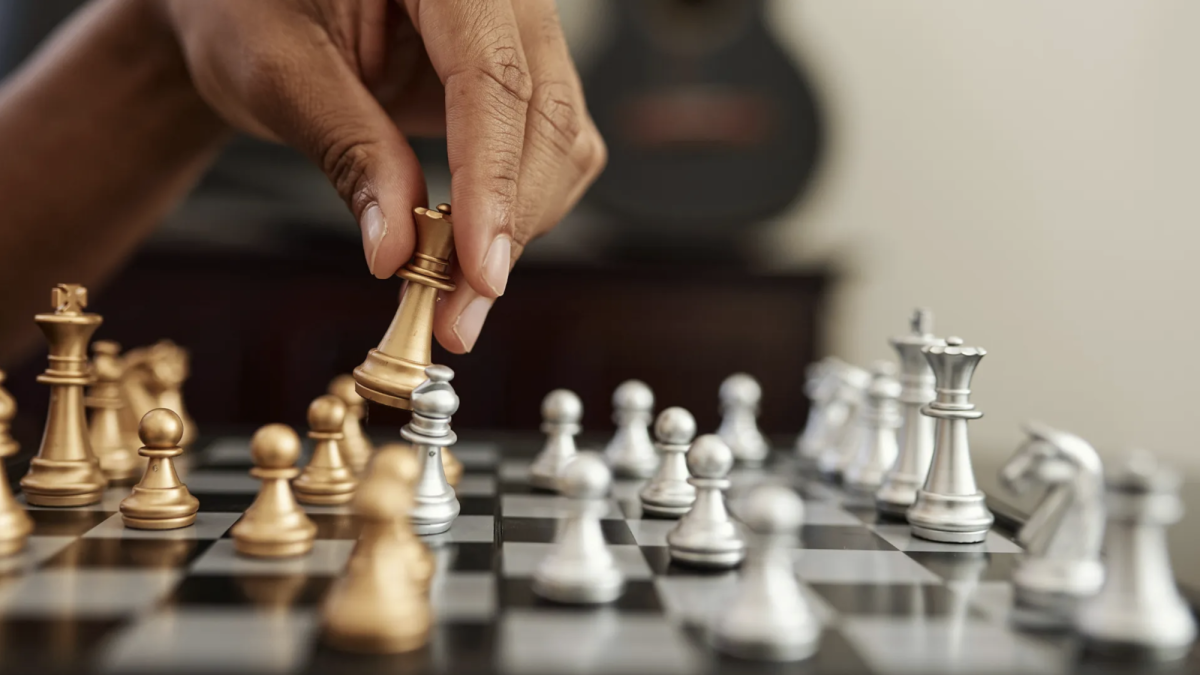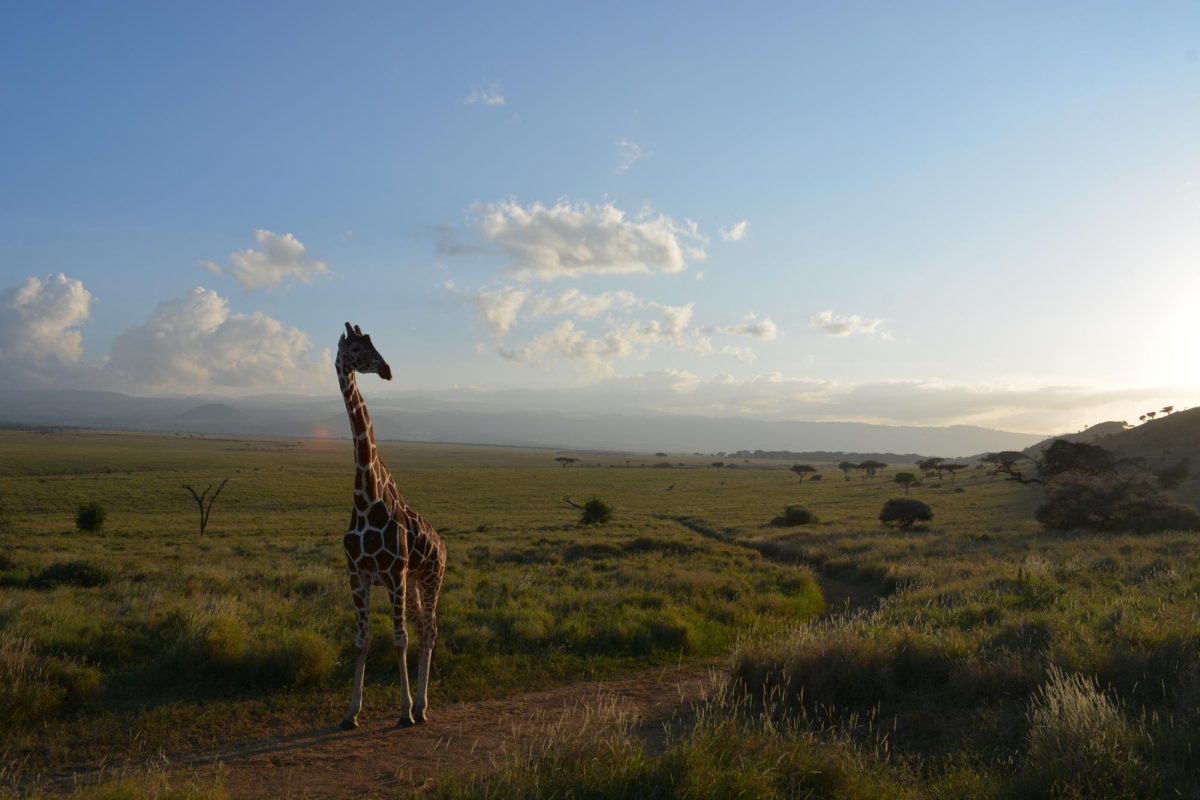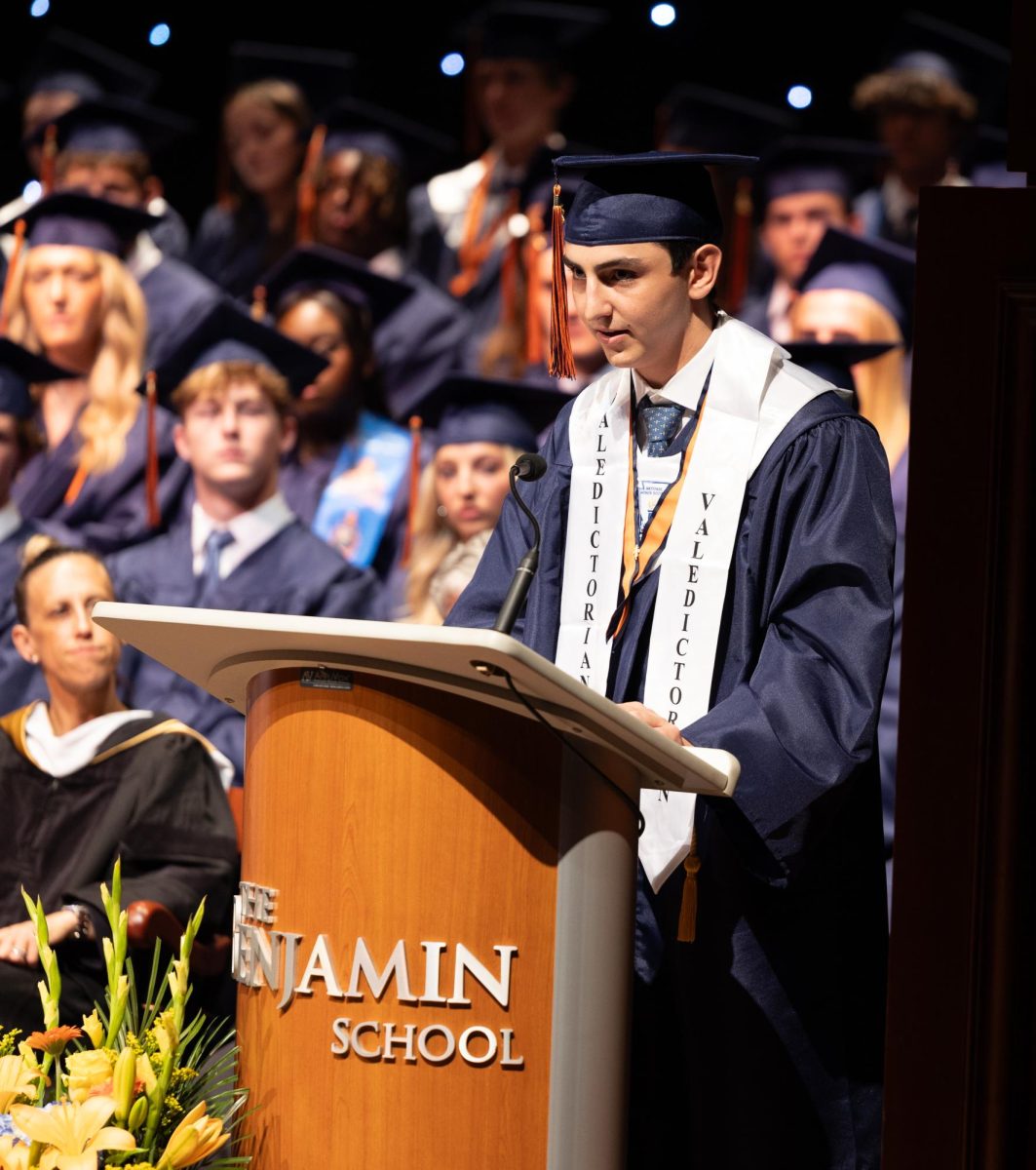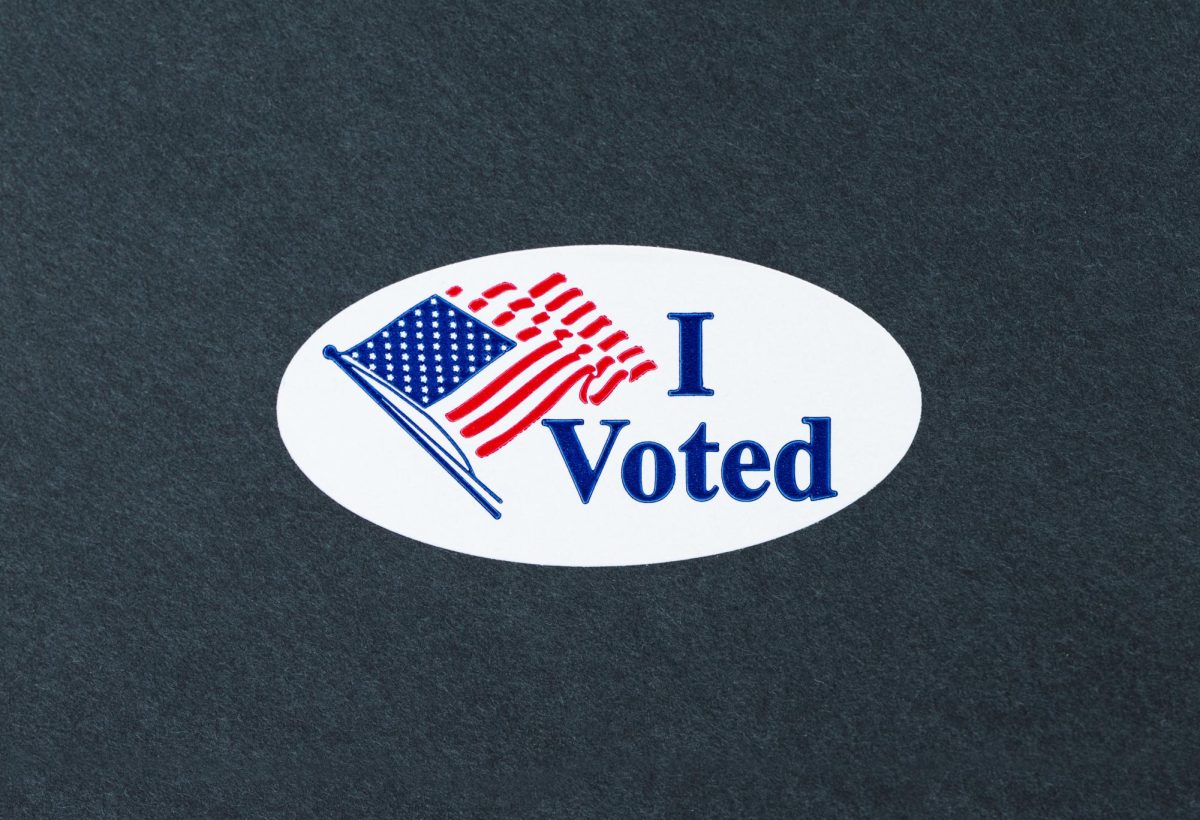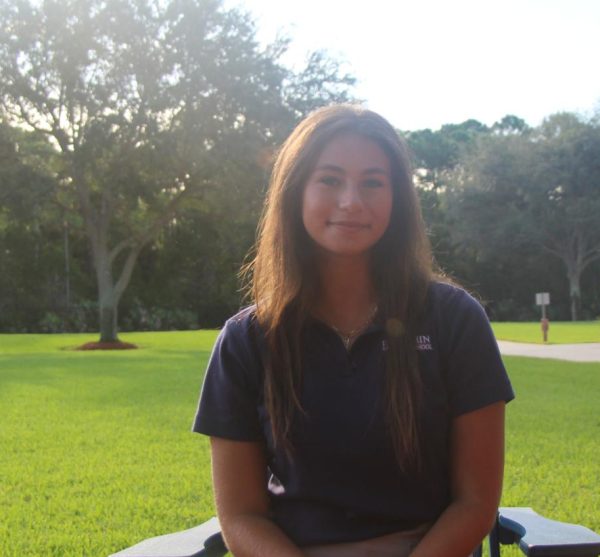Hanukkah is a holiday that brings Jews all over lots of joy and love between family and friends. The origins of these days begin from over 2000 years ago in Jerusalem. At this time, the Romans came and began a war with the Jews over the land. The Romans had a major upper hand with many more warriors and readiness to fight. The Jews were put into a terrible situation in which they had to fight the Romans and the Second Temple, also known as Herod’s Temple, was destroyed. The meaning of this temple to the Jews was majorly important as it was the place where everyone in Jerusalem went to pray and study among the most knowledgeable and important people. The military of the Jewish people made up of brand new fighters was named the Maccabees. They won and pushed away the Romans, however, there was only a little oil left which was needed to light up the Temple and the town. The miracle of Hanukkah is that the oil that was supposed to last for just one day, ended up lasting for eight days, so the holiday is celebrated for eight days by lighting the menorah.
Today, Jews all around the world celebrate the holiday by gathering with family each night of Hanukkah to light the candles on the menorah and sing the prayers. Lighting the candles on the menorah has specific rules to follow. When putting the candles in place, one is supposed to place them on the menorah from right to left and then light them from left to right using the shamash. The “shamash” is the ninth candle on the menorah and has the job of lighting the other candles. It can typically be found either in the center or on the far end of the menorah.
On the first night of Hanukkah, three prayers are recited while lighting the candles. For the following nights, only two prayers are expected for most Jews. After the candle lighting, different families sing different prayers and songs.
“We always sing “Maoz Tzur”, and “Rock of Ages”, and our prayer book also has a few sentences for what to reflect on each night,” shares college counselor, Mrs. Becca Goldberg.
Apart from “Ma’oz Tzur,” some other Hanukkah songs include “Hanukkah, Oh Hanukkah,” and “Sivivon Sov Sov.” Along with these classics comes Adam Sandler’s iconic “The Chanukkah Song” which he performed on Saturday Night Live in 1994.
The holiday season contains many different holidays and celebrations of religion. During this time, Jews typically embrace their religion even when they may not be very religious for the rest of the year. While the gifts are a fun part of the holiday, the origins of Hanukkah are important to remember when receiving presents and playing dreidel.
“Hanukkah is important to me because I feel like it’s important to embrace your Jewish identity, stay true to the roots of Judaism, and spend time with your family,” says junior Leah Klein.
While there are the fundamental parts of Hanukkah, each family most likely has its traditions. Some of these could mean special songs, an heirloom menorah or dreidels, and many other practices.
“We have a little at-home prayer service that we’ve been using since I was a little girl. It was printed in our temple newsletter and my parents saved it and had wax dripped all over it then made copies of it for my brothers and me,” says Mrs. Goldberg.
Spinning the dreidel is another long-lasting Hanukkah tradition that is apparent in many Jewish homes today. The start of the dreidel game was because the Jews were forced to hide any type of Jewish identification to avoid persecution. So, the dreidel became an important custom over time as the one game that could still be played as part of the culture.
This year is an even more important time to celebrate for many Jews because of the current situation in Israel today. Because of the inhumane attacks that the terrorist organization, Hamas, has relentlessly carried through, Israeli citizens find themselves in a terrible position to balance how to live their lives while being safe in a war zone.
“It’s nice to hang out with your whole family together and it makes me super thankful and it’s a super happy time. I think, this year, it makes you appreciate what you have even more because of everything that’s going on in Israel right now,” explains senior Hudson Byrne.
Most families in Israel are preparing for Hanukkah and looking forward to what little light in their lives they can find right now as their country is devastated. Instead of any large parties that would typically take place outside or at venues, the majority of people are just celebrating inside of their homes with maybe some close family that live nearby.
Several Israelis are bringing food and other necessities for the soldiers in the Israeli Defense Forces, or the IDF, Israel’s military. Some are using their resources as caterers or other similar jobs to put together small Shabbat services and parties for the soldiers for a break in their long distressing days.
Despite these hard times, The Pharcyde encourages everyone to find the light in the darkness.


